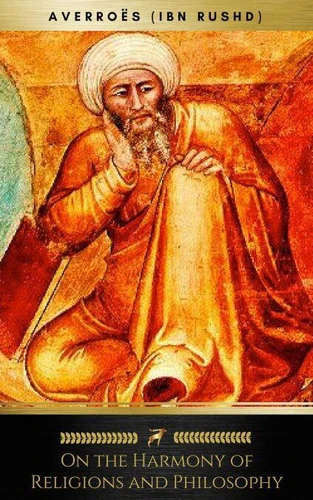On the Harmony of Religions and Philosophy (Golden Deer Classics)
Par : ,Formats :
Disponible dans votre compte client Decitre ou Furet du Nord dès validation de votre commande. Le format ePub est :
- Compatible avec une lecture sur My Vivlio (smartphone, tablette, ordinateur)
- Compatible avec une lecture sur liseuses Vivlio
- Pour les liseuses autres que Vivlio, vous devez utiliser le logiciel Adobe Digital Edition. Non compatible avec la lecture sur les liseuses Kindle, Remarkable et Sony
 , qui est-ce ?
, qui est-ce ?Notre partenaire de plateforme de lecture numérique où vous retrouverez l'ensemble de vos ebooks gratuitement
Pour en savoir plus sur nos ebooks, consultez notre aide en ligne ici
- Nombre de pages145
- FormatePub
- ISBN978-2-291-04639-4
- EAN9782291046394
- Date de parution07/12/2018
- Protection num.Digital Watermarking
- Taille406 Ko
- Infos supplémentairesepub
- ÉditeurCamping tcs
Résumé
In this treatise Ibn Rushd (Averroes) sets out to show that the Scriptural Law (shar') of Islam does not altogether prohibit the study of philosophy by Muslims, but, on the contrary, makes it a duty for a certain class of people, those with the capacity for "demonstrative" or scientific reasoning. Apparent conflicts between the teachings of Scripture and philosophy can be reconciled by allegorical interpretations of Scripture, though such interpretations should not be taught to the common people.
In this treatise Ibn Rushd (Averroes) sets out to show that the Scriptural Law (shar') of Islam does not altogether prohibit the study of philosophy by Muslims, but, on the contrary, makes it a duty for a certain class of people, those with the capacity for "demonstrative" or scientific reasoning. Apparent conflicts between the teachings of Scripture and philosophy can be reconciled by allegorical interpretations of Scripture, though such interpretations should not be taught to the common people.



